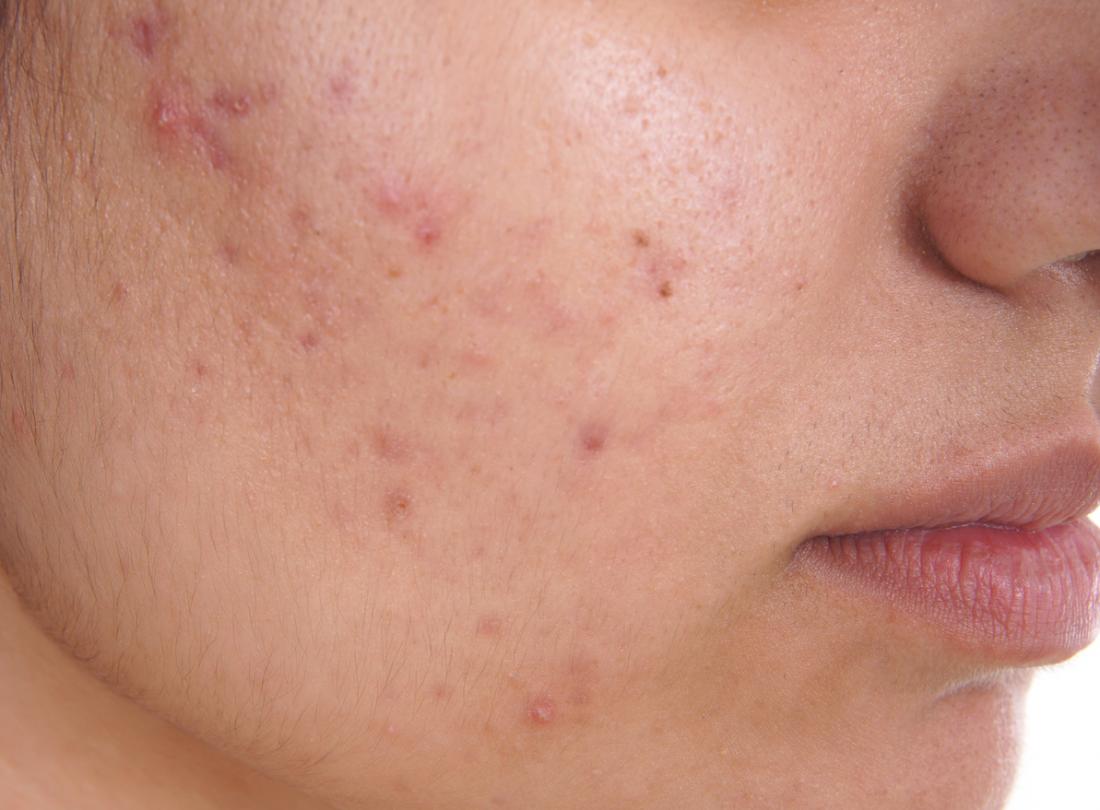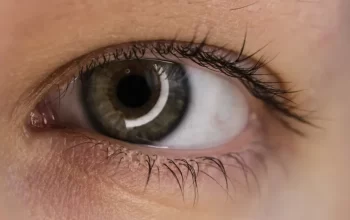Every year approximately 50 million Americans develop acne. The skin condition may seem inconsequential, but severe cases can have long-term psychological and health effects. Acne patients can expect comprehensive care from Dr. William Long New York, when they visit Manhattan Dermatology.
What causes acne?
Acne usually appears when the skin is clogged with dead skin cells and oil. It is prevalent among teens and young adults, but acne affects people of all ages. People with oily skin are more likely to develop the condition.
Acne is caused by an abnormal number of oil glands, which is usually an inherited trait. Poor hygiene may also clog the cells, causing pimples to appear. Exposure to sunlight may damage skin cells and worsen acne symptoms.
Acne could also be due to lifestyle factors such as taking a diet rich in unhealthy fats and oils. Cigarette smoking is another factor that may worsen symptoms.
Researchers have observed that stress tends to worsen symptoms of acne. Hormonal changes in the body may increase the amount of oil sebum skin cells produce. Such changes may occur during puberty, the menstrual cycle, or pregnancy.
Acne complications may include skin scarring and mental distress. Dermatology specialists recommend early treatment to prevent the psychological and physiological long-term impact.
How to prevent acne
Adopting healthy skin care habits can eliminate some cases of acne. Clean your face twice a day, especially if you are sweating after engaging in intense activities like sports. Use a cleanser and gently apply it to your skin with your fingers.
Avoid touching your face or popping the pimples. Bursting acne spots can worsen symptoms and increase the time it takes to heal. Prevent scarring and skin discoloration by letting acne health naturally.
Treatment options for acne
Chemical peels
Your dermatologist may use chemical peels to eliminate acne scars. The chemical peel contains an acidic solution that can penetrate the skin. The acid destroys dead skin cells and encourages cell generation.
After 10 minutes with the chemical peel, your doctor will use a neutralizing agent to stop the chemical reaction. Your provider will cleanse your face to complete the process.
It may take three to 14 days for a new skin to emerge. The results will depend on the type of chemical peel and your skin’s condition.
Laser heat therapy
The laser applies heat to break down dead skin cells. It is one of the most effective non-invasive therapies for people with acne scarring.
The process may not be suitable for people with an active acne condition or dark skin. Laser therapy may not be the ideal treatment for severe acne cysts.
However, laser therapy may be the solution for discoloration and scarring. It also eliminates the tenderness and pain associated with acne spots.
Hormonal therapy
Hormonal therapy has proven effective for blackheads, whiteheads, and even severe cases such as cysts. The treatment works by regulating hormones like androgen that increase oil sebum in the skin.
However, some medications may have side effects, especially for men. Your dermatologist will always run tests to ensure the therapy is safe and effective.
Contact Manhattan Dermatology to schedule an appointment today.



